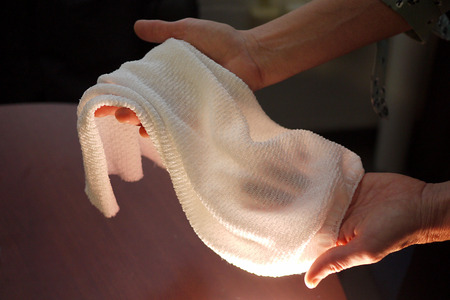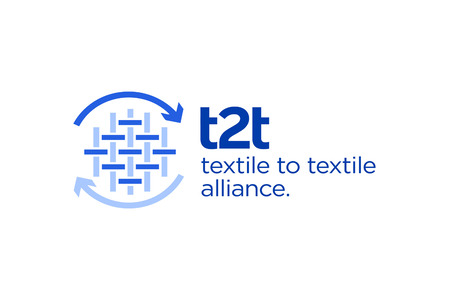
APTMA vex over govt’s lack of interest in promoting and protecting textile industry
YarnsandFibers News Bureau 2015-01-29 10:00:00 – LahoreThe weaving industry of Pakistan has come to standstill by fifty percent due to the flooding of imported as well as smuggled cloth from regional countries. Moreover, the Pakistan textile policy 2014-19 has not seen daylight despite eight months of current fiscal, reflecting lack of interest of the federal government in promoting and protecting textile industry.
Group Leader of All Pakistan Textile Mills Association (APTMA) Gohar Ejaz has admonished the government that overloaded textile-specific subsidies in India have made Pakistan's textile industry uncompetitive. The textile industry has failed to create jobs during last five year due to circumstances beyond industry control. The textile industry is unable to wrangle with the government policies in the region. He has urged the government of Pakistan to enable the industry to compete regionally.
Chairman APTMA at the joint press conference held at the APTMA Punjab office said that the delay in announcement of textile policy 2014-19 further suggests that the present government is not different from the previous one, which had allocated Rs 180 billion in Textile Policy 2009-14 whereas it disbursed only Rs 28 billion which is 15% lower of the allocation.
He said that both India and Bangladesh announced their Textile Policies and registered 2008-2013 a growth of 94% and 160% respectively in exports against merely 22% of Pakistan during 2009-14. The World textile exports also grew by 45% on an average during the same period. The undue delay in announcement of textile policy 2014-19 has already left Pakistan far behind against the region counterparts. According to him, the proposed textile policy for 2014-19 speaks about allocation of Rs 60 billion, which is a drop in the ocean and government should enhance it to Rs 200 billion at least.
The goals set in the proposed textile policy 2014-19, double textile exports, $1 billion investment per annum, employment creation, raw material availability of both cotton and man-made fiber were not possible to meet with such a meager allocation.
Already the textile industry was facing constraints including energy availability and affordability, high financial costs, raw material shortages, industrial structural imbalances and stagnant textile industry investment, policy and implementation divide, country perception and limited market access, high cost of doing business and pending refunds of textile industry swelled to Rs 20 billion each under sales tax and income tax.
Proposals for much-awaited textile policy 2014-19 APTMA has sought guaranteed uninterrupted electricity and gas supply, Technology Up-gradation Fund Scheme (TUFS) for BMR and greenfield projects, cotton production target of 20 million bales, MMF availability on competitive price, new investment, incentives on domestic consumption of textiles and clothing and immediate liquidation of pending refunds of textile industry.
The government needs to focus on the growth of textile industry and the textile policy has today 30% of the industry capacity is non-operational, exports are stagnant and no new investment has taken place since 2006. The textile policy, which expired on June 30, last year, failed to reach the predicted textile exports target of $25 billion, and the exports merely remained at a level of around $13.5 billion only.
Market Intelligence
Ask for free sample Report

experience
Customer Base
dedicated team
Countries Served Worldwide









